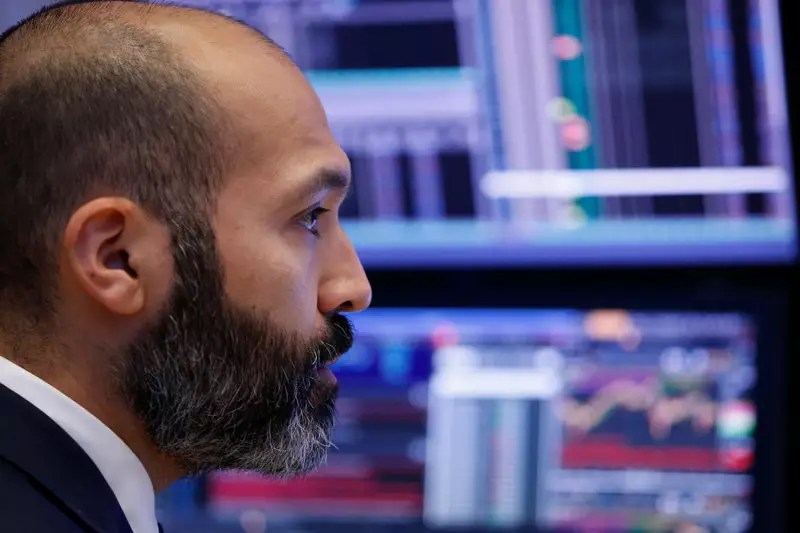The cryptocurrency revolution promised unprecedented financial freedom, operating outside traditional banking systems and offering a decentralized alternative for transactional engagement. However, the euphoric rise of digital assets has been marred by notorious collapses, with the FTX debacle serving as a stark reminder of the inherent risks. Founded by Sam Bankman-Fried, FTX was once heralded as a beacon of stability amidst the chaotic cryptocurrency market. However, this façade crumbled spectacularly in November 2022, resulting in the loss of approximately $8 billion in customer funds. The unraveling of FTX not only obliterated trust within the crypto sector but also ignited one of the most high-profile legal sagas in financial history. At the center of this storm is Caroline Ellison, former CEO of Alameda Research and significant player within Bankman-Fried’s enterprise.
Ellison’s recent legal proceedings, culminating in her sentencing, have drawn public interest and raised numerous ethical questions about individual accountability in corporate governance. After pleading guilty to seven counts of fraud and conspiracy, she became a crucial witness in the prosecution of Bankman-Fried. Despite the significant potential prison sentence of 110 years looming over her, her cooperation with authorities has positioned her for a more lenient sentence, showcasing the complex dynamics of legal accountability shaped by corporate culture. While Ellison expressed remorse for her actions, claiming to feel “indescribably bad” about the fraud, the narrative raises the question: to what extent should personal accountability be mitigated by institutional pressures?
As she awaits sentencing, the legal discourse surrounding Ellison reveals a nuanced interplay between cooperation with law enforcement and individual culpability. The U.S. Attorney’s office has signaled a willingness to recommend leniency based on Ellison’s substantial cooperation. Over several meetings, she assisted prosecutors in constructing a clearer picture of FTX’s downfall, taking responsibility in stark contrast to Bankman-Fried’s persistent denials. This dichotomy highlights a broader issue within corporate fraud: should an individual’s cooperation in unraveling fraud absolve them of penalties for their involvement? Ellison’s testimony, revealing her admission of wrongdoing and her reluctance to continue deceptive practices, reflects a grappling with her own moral compass amid the chaos sparked by Bankman-Fried’s throne.
Bankman-Fried’s eventual conviction stands as a warning against the unchecked ambition that permeates high-stakes finance, illustrating the dire consequences of ethical lapses. The fallout from FTX signifies an urgent need for reform in regulatory policies governing cryptocurrencies and digital exchanges to prevent future catastrophes. As cryptocurrency gains traction worldwide, the necessity of robust governance frameworks capable of curbing malfeasance becomes increasingly evident. Instances like this not only undermine investor confidence but also tarnish the reputation of the cryptocurrency landscape, making it imperative for stakeholders to engage in self-regulation and prioritizing ethical practices.
As Ellison is sentenced, the legal ecosystem surrounding financial fraud will undoubtedly evolve. The courts must grapple with the interpretations of remorse and cooperation as mitigating factors when evaluating culpability. Moreover, aspiring entrepreneurs in the cryptocurrency realm must heed these unfolding events, viewing them as crucial lessons in transparency, responsibility, and ethical governance. The journey toward restitution and justice is far from over, as others involved in the FTX saga, including former executives and colleagues, face impending sentences. Their outcomes, like Ellison’s, will further define the boundaries of legal accountability in high-pressure financial environments.
In summation, the saga of Caroline Ellison and the FTX collapse encapsulates a fascinating intersection of ambition, accountability, and the future of cryptocurrency. As society reflects on these events, the essential dialogue on ethical behavior in governance and financial practices must persist, shaping a more trustworthy landscape for transactions in the digital age.


Leave a Reply